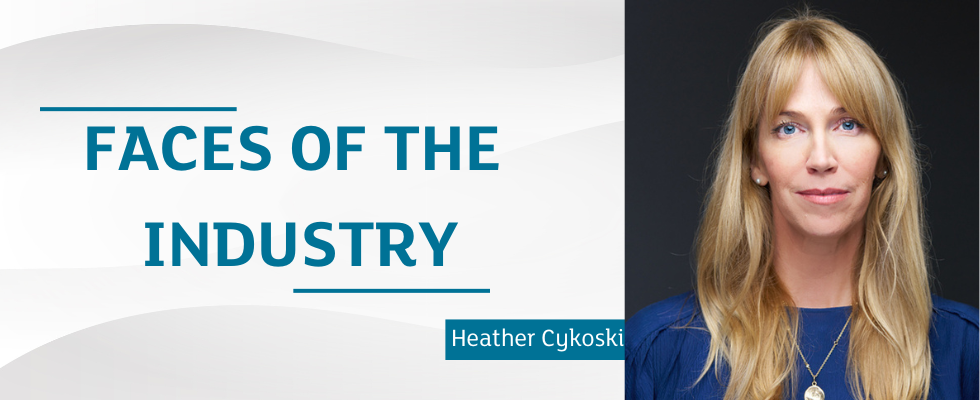
Heather Cykoski started her career with the Foxboro Company in their leadership development program. In her words, it launched her career in engineering, sales and leadership. Eighteen years later, Cykoski returned to the company (now part of Schneider Electric) where she currently serves as its senior vice president, industrial automation for North America. We asked Cykoski a few questions about her career and what led her where she is today.
What is your favorite part of the job?
Making a difference has always been important to me. I became an engineer because I knew I could bring something different to the profession as a woman. I’ve now spent 25 years in energy and industrial engineering, and I still feel there’s a lot of difference to be made. Climate change is number one, but sustainability means much more. It means embedding diversity, equity and inclusion (DEI) for all living things into the way we live and work—from habitat protection for animals and plants to giving the support they need to thrive. Here in the United States, for example, women still don’t get statutory maternity leave.
At Schneider Electric, we empower individuals and organizations of all kinds to make the most of the energy and resources they have available, bridging progress and sustainability for all. That’s what we mean when we say, “Life is on.” I love that way of thinking. It chimes with my philosophy. And because Schneider has incredible expertise and impact in many areas—powering essential systems, for example, or measuring and harnessing data—my efforts are magnified.
What is the most challenging part of your job?
I would say one of the areas that has been challenging across my career, but [has] gotten easier as the world continues to evolve, is connecting what we do in the industrial space with the lives of people every day. Our work, our innovation, matters—for everyone, everywhere. It can be challenging to bring others along as they aren’t as familiar with the “behind the scenes” of it all.
As an example, everyone turns on the faucet and the water comes out. No one gives it much thought. In our industry, however, we know the number of steps, people and processes involved to make that happen. My team’s focus is making that process more efficient, safer and easier to manage. naturally with stories that impact us directly. Connecting what we do in the industry every day to the human story will continue to change the way this industry evolves.
What are some of your long-term career goals?
I want to continue to build on the foundation, leaving a lasting impact and legacy for future generations. The only way that I have gotten to where I am in my career is through the mentorship and coaching of those that came before me, who helped pave the way and lift others up. I want to do the same for the next generation. I want to open the doors for the next generation of diverse leaders, and I want to impress upon them the importance of this so they can do the same when they have the opportunity.
What is some advice you’d give to a college student or young professional who wants to work in this field?
I would tell them to go for it! In my career, I have had the opportunity to take on large projects, build up my skills and experiences and lead teams all around the world. I’ve challenged myself to do more and seek out new opportunities, and the results have grown into an amazing career.
We need more young people to take on technical and engineering careers to bring greater diversity to the industry. With more people from different backgrounds and a greater representation of women, we will have greater diversity of thought as we drive innovation in addressing some of the biggest challenges for the industry
and society.
For those younger professionals, I’d tell them to “build their bouquet”—establish your base, then platform from there. The more experiences you can leverage, the more you can gain from each opportunity, the greater breadth you bring to move into new roles.
Look for support as well. Joining employee resource groups, including those for engineers, has always been important to me. It’s highly beneficial as it provides opportunities to network, share experiences and gain insights from colleagues across the company. I love how this fosters a sense of community, offers professional development opportunities and promotes inclusion, including Women in Schneider Electric (WiSE) and Emerging Professionals.
